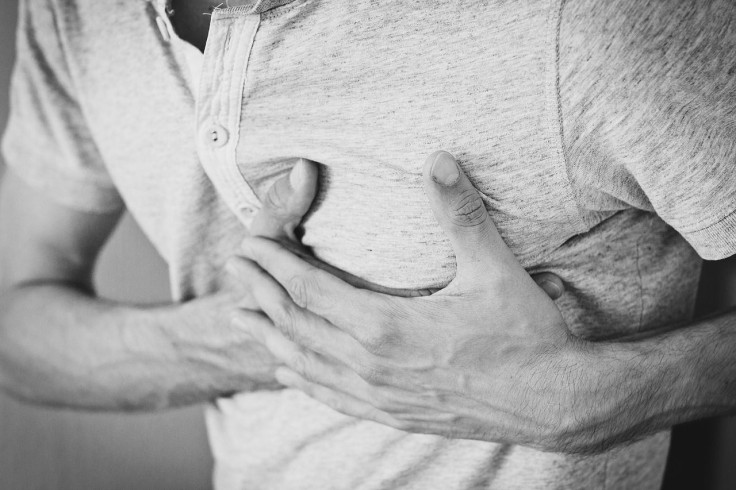Election Stress: 2016 Presidential Election Led To More Heart Attacks, Strokes, Study Says
KEY POINTS
- Data shows more heart attacks and stroke hospitalizations in the two days right after the 2016 presidential election
- Sociopolitical stress may have triggered the cardiovascular events, researchers say
- According to a recent survey, many people see the political climate of the country as a "significant source of stress"
Can political events trigger heart ailments? A new study found that more people were hospitalized with acute cardiovascular disease (CVD) in the days immediately following the 2016 presidential election than before it.
For the new study from the Harvard T.H. Chan School of Public Health and Kaiser Permanente, researchers looked at acute myocardial infarction (heart attack) and stroke diagnoses, as well as emergency diagnoses of chest pains and unstable angina among adults in the Kaiser Permanente data, which includes 4.6 million people.
The researchers compared data from the two days right after the election with the same two days in the week prior to it. They found that cardiovascular hospitalizations in the two days immediately after the elections was 1.6 times higher than the previous week. The rate of cardiovascular hospitalizations was 353.75 per 100,000 people in the two days prior to the election and it rose to 573.14 per 100,000 in the next two days.
"Results were similar across sex, age, and race/ethnicity groups," the researchers wrote in the study report. They said the results could be a result of the sociopolitical stress people experienced at the time.
The risk for cardiovascular events is high after a stressor or trigger event, the researchers said.
"The risk of onset of acute myocardial infarction (AMI) and stroke is increased within hours to days after psychological triggers, including anger, depression, anxiety, and stress," the researchers wrote.
This includes major events such as earthquakes and terror attacks. For instance, there was 70% more evaluations of angina and myocardial infarction on the day of the Sept. 11 attacks. In this case, it appears that the "trigger" event may be the presidential election.
In a report published by the American Psychological Association (APA) in July, 77% of Democrats and 62% of Republicans said the political climate in the country is a "significant source of stress."
In another nationwide survey by the APA, 68% of the adult respondents noted that the 2020 presidential election is a big source of stress. By comparison, the number was lower during the 2016 presidential election with 52%.
"This is a wake-up call for every health professional that we need to pay greater attention to the ways in which stress linked to political campaigns, rhetoric and election outcomes can directly harm health," corresponding author David Williams, of Harvard T.H. Chan School, said in a news release.
Although the researchers noted that further studies were needed to understand the relationship between cardiovascular events and sociopolitical stress, the results could be a reminder for people to be more aware of their stress levels and take the necessary precautions to care for their cardiovascular health.
The study is published in the Proceedings of the National Academy of Sciences.

© Copyright IBTimes 2025. All rights reserved.






















